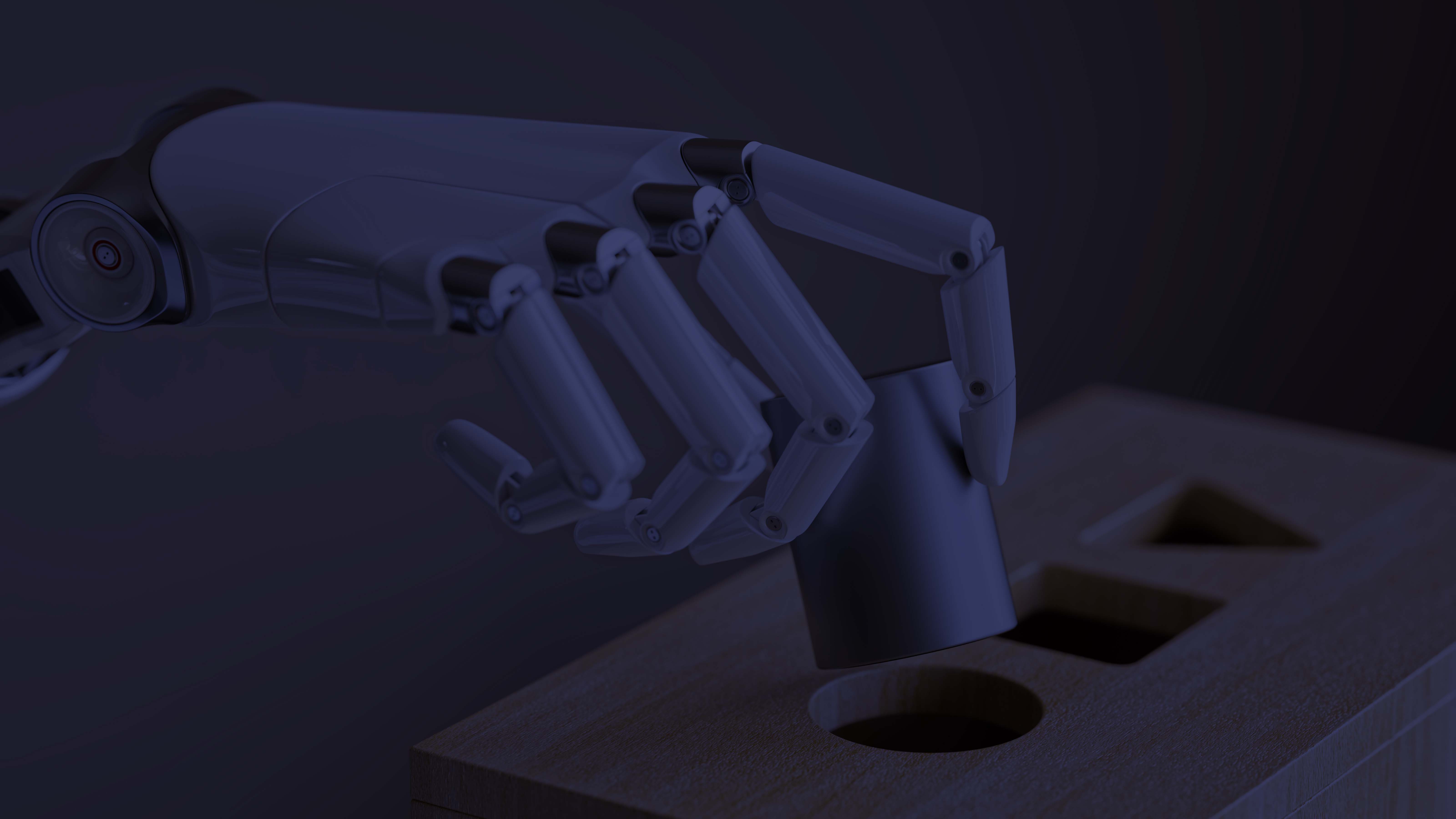February 06, 2018
Artificial intelligence is accomplishing what humans have been attempting for decades: creating ads that don’t feel like ads. Online advertising has evolved from cumbersome pop-ups that hinder the user’s experience, to sleek, targeted ads that predict what a customer wants, sometimes before they know they want it.
Tangible Impacts
Since the dawn of e-commerce, one of the greatest obstacles facing advertisers has been the inability to measure how online ads plays out in the real world. Machines can now track the impact of an ad, from a encounter on a mobile, to product research on a computer, to a final purchase at a store. At the forefront of this effort is Google Attribution, which integrates data from search results, location services and Google ads to give companies a comprehensive view of their ad’s performance.
Curated Customers
Gone are the days when companies would pay big bucks for an ad in the Sunday paper, praying it would reach their target audience. Armed with heaps of data, businesses can now match a product with its perfect customer. Machines are carefully monitoring our purchasing habits, online profiles and searches to learn as much as they can about us. Not only does this technology allow for more targeted ads, but it also help advertisers predict an ad’s success rate. China’s AliBaba, for example, has created a “deep interest network” to predict which product ads a user is likely to click, boosting ad sales by billions of dollars.
Precise Sales
Ad prices are more precise than ever before, thanks to machines. Using artificial intelligence, computers can determine the perfect price for an ad, using customers’ demographics data, social media profiles and interests to gage the likelihood of a user clicking on the ad. Ad companies combine that information with the cost of comparable ad campaigns to generate a price point for that ad space. Precision is key. Microsoft’s search engine unit, Bing recently noted that a 0.1 percent accuracy improvement in this field would translate into millions of dollars in additional earnings.
The advertising sector is pioneering the practical applications of machine learning. As the big players increasingly rely on computers to target, sell and track their ads, artificial intelligence will become an indispensable part of the industry.
Marina Lopes is a freelance reporter and producer covering technology, politics and economy. Her articles and videos have appeared in the Washington Post, the Chicago Tribune, the BBC, NBC, and the PBS NewsHour.
Marina holds a graduate degree in journalism from Columbia University and a bachelor’s degree in International Relations from Boston College.
She speaks Portuguese, Spanish, English and French.
Share this article:




